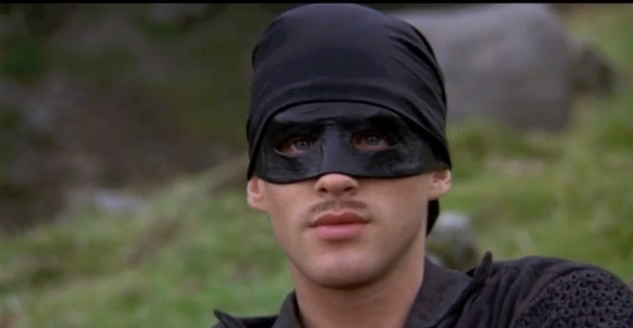Matthew Yglesias is on vacation.
The venerable Andy Greenberg over at Forbes is reporting that Silk Road 2.0 is now live on the dark web. He says it already has “close to 500 drug listings, ranging from marijuana to ecstasy to cocaine.” The administrator of the new site is even using the same moniker: Dread Pirate Roberts. I can’t help but think someone intended this to launch on Halloween.
This all comes just over one month after the FBI arrested Ross Ulbricht, who law enforcement alleges is the real Dread Pirate Roberts, for operating Silk Road. Silk Road was, wasn’t, and now seems to be again, an online black market known as a place to purchase contraband, particularly drugs. The work was extremely lucrative.
Functionally, Silk Road 2.0 can be viewed as a competitor to existing Silk Road alternatives. In a black market, there’s nothing to stop someone from stealing your company’s name anyway, except for all the other criminal activity that attaches to black markets. Silk Road 2.0 even claims some improvements over the old one.
After the Bitcoin explosion, but before the FBI arrested Ulbricht, a number of new businesses developed, hoping to dethrone Silk Road. One still-running substitute is Black Market Reloaded. Another black market, Atlantis, shut down in September, citing “security concerns.”
While the Department of Justice had less motivation to go after Silk Road before the Bitcoin boom, it did take the DOJ over two years to shut down the site. It’s going to be harder to shut down these new bazaar kingpins, largely because they’re armed with the knowledge of everything Ross Ulbricht allegedly did wrong from an operational security standpoint.
And so Silk Road 2.0 is interesting not only as a resurrection story, but because it’s the embodiment of a question that will linger for some time: What was the net effect of shutting down Silk Road?
One problem with the war on drugs has always been that illegalizing something as in demand as, say, pot, is a hopeless strategy for eliminating it. The effect instead is the creation of a thriving black market, of which Silk Road is a singularly perfect example. Like any other company, it’s able to perpetuate itself. Unlike any company, it comes with higher margins and no regulations.
So squashing the evil empire that was Silk Road may have eliminated the biggest, meanest dog in the yard, and hopefully thwarted a murder, but it’s also created a vacuum in the market. The extensive coverage of Silk Road has also likely connected many new people to these underworlds, some of which will likely become consumers.
An industry with huge returns and a weak incumbent is exactly where anyone would want to start a business. Legal or not.
